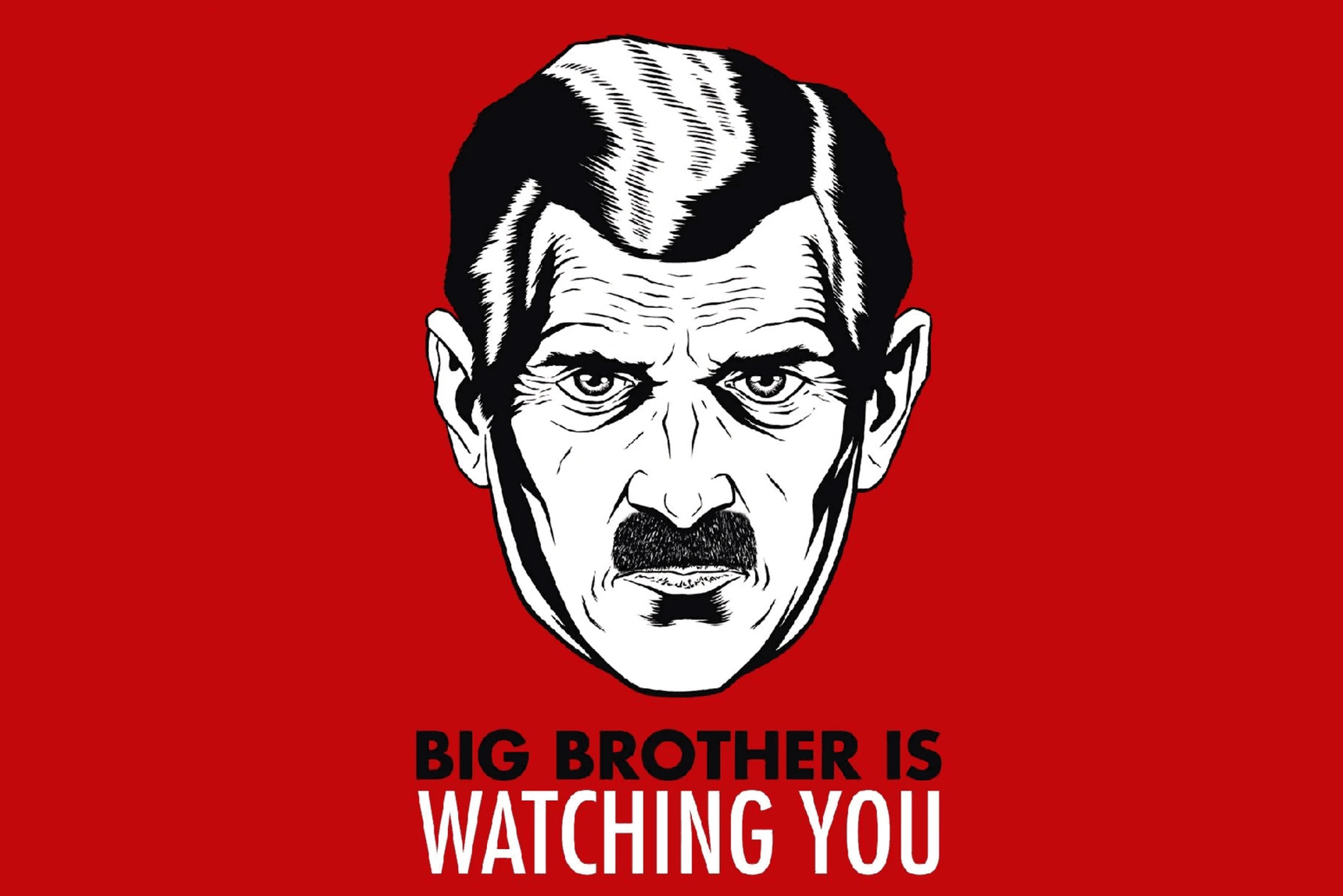The European Union is moving closer to adopting new rules that would require mass scanning of digital communications, including encrypted ones. On Thursday, EU governments will adopt a common position on a proposed draft law aimed at identifying child sexual abuse content. The vote will determine whether the proposal will have enough support to move forward in the EU lawmaking process.
The law would introduce a «upload moderation» system that scans all your digital communications, including images, videos, and links you share. Online services will ask if the user allows the scanning of messages. If not, they will not be able to share images or links.
The law has a rather strange attitude towards encryption. On the one hand, it emphasizes that end-to-end encryption is a necessary means of protecting fundamental rights, but then it says that encrypted messaging services can inadvertently become safe zones for the distribution of prohibited content.
The proposed solution is to make messages open to scanning, but without compromising privacy. This implies that a new moderation system could achieve this by scanning the content of messages before messengers or other applications encrypt them.
Signal president Meredith Whittaker says the program will cease operations in the European Union if the proposal becomes law, as the «proposal fundamentally undermines» encryption, regardless of whether the message is scanned before or after encryption.
«We might call it a backdoor, a front door, or download moderation. But no matter what we call it, each of these approaches creates a vulnerability that can be exploited by hackers and hostile states, removing the protection of unbreakable math and putting a critical» vulnerability in its place.
Several organizations, including the Electronic Frontier Foundation, the Center for Democracy & Technology, and Mozilla have signed a joint statement calling on the EU to introduce the new rules. Privacy advocates are not the only ones sounding the alarm on the proposal. Dozens of parliamentarians have written to the EU Council with reservations about the proposal.
If the proposal is approved, negotiations between the Parliament, the Council and the EU Commission will begin to shape the final text of the law. But even with the support of governments European UnionHowever, the proponents of chat control will still have problems promoting it. Last year, a survey conducted by the European Digital Rights (EDRi) group showed that 66% of young people in the EU disagree with policies that allow internet providers to scan their messages.
Source: The Verge

